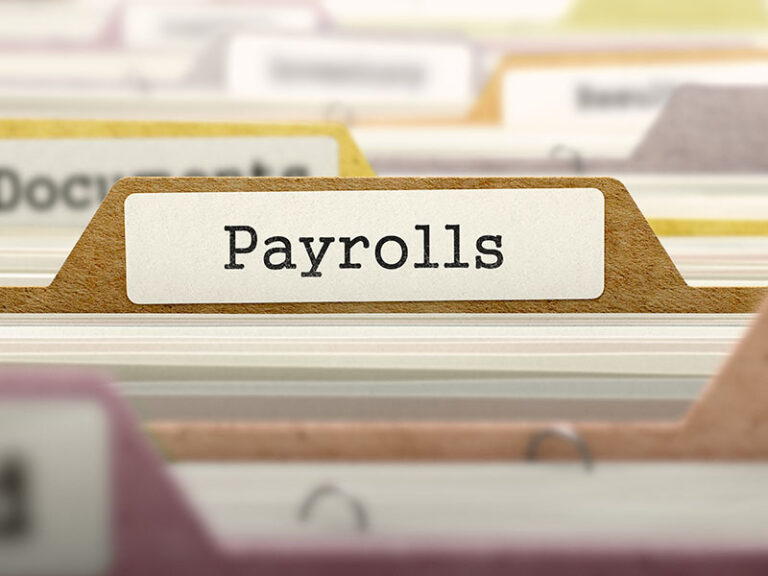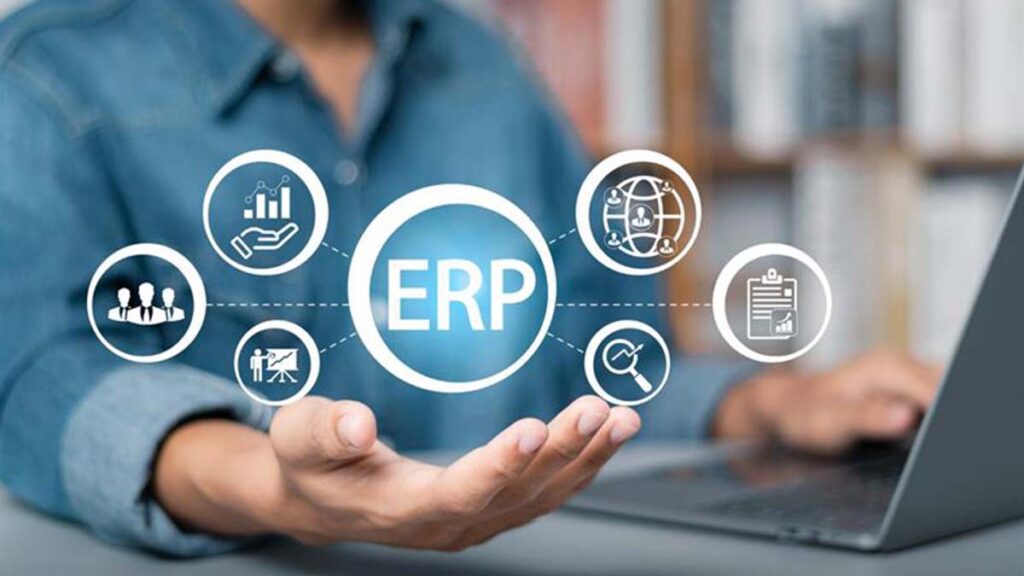Managing payroll is far more complex than just calculating salaries in today’s highly regulated business environment. Companies must navigate a maze of legal mandates, tax codes, labour laws, and employee benefit rules—all of which fall under the broad umbrella of Payroll Compliance. Not following these rules can cause big fines, legal problems and unhappy employees.
ERP (Enterprise Resource Planning) systems – powerful tools revolutionizing how businesses manage payroll operations. ERP solutions streamline salary processing and ensure strict compliance with legal frameworks, making payroll both accurate and audit ready.
In this blog, we explore how ERP simplifies Payroll Compliance, automates salary disbursement, and ensures legal accuracy — giving HR and finance teams the tools they need to operate efficiently and lawfully.
What is Payroll Compliance?
Payroll Compliance refers to the adherence to all federal, state, and local laws governing employees’ pay. This includes:
- Minimum wage requirements
- Tax deductions and filings
- Overtime laws
- Record-keeping mandates
- Employee classification (exempt/non-exempt)
- Benefits administration
- Retirement and insurance deductions
- Legal reporting and auditing
Ensuring Payroll Compliance is not just a best practice — it’s a legal requirement. A single mistake can trigger audits, financial penalties, or even lawsuits.

Challenges in Traditional Payroll Management
Before diving into how ERP systems enhance Payroll Compliance, it’s essential to understand the challenges businesses face with manual or outdated payroll processes:
Data Silos – Information scattered across HR, accounting and timekeeping systems increases the risk of errors.
Human Errors – Manual data entry and calculations often lead to inaccuracies in salary processing or tax deductions.
Changing Laws – Consolidating ever-evolving labour laws and tax codes is difficult without automation.
Lack of Transparency – Discrepancies in employee pay or deductions can lead to trust issues and disputes.
Time-Consuming Reporting – Generating legally compliant reports manually is both time-intensive and error-prone
How ERP Systems Solve Payroll Compliance Issues
ERP systems unify HR, finance and payroll functions under one platform, automating tasks and ensuring every process complies with applicable laws. Let’s break down the benefits of ERP for Payroll Compliance:
Centralized Data Management
An ERP system keeps all employee information — like attendance and tax details — in one place. This removes data gaps and reduces errors, making salary calculations accurate and payroll audits smooth.
Key Benefit: Uniform and centralized data helps maintain consistency and transparency in payroll records.
Automated Tax Calculations
ERP platforms are updated in real-time to reflect current tax laws and deduction rules. Whether calculating TDS, PF, ESI, or state-specific taxes, ERP systems automate the process, reducing the risks of overpayment, underpayment, or missed deadlines.
Key Benefit: Timely and correct tax filing enhances Payroll Compliance and avoids penalties.
Accurate Salary Processing
ERP automates payroll calculations based on predefined salary structures, attendance, overtime and benefits. The system ensures that each component—basic pay, HRA, incentives, and deductions—is calculated precisely every cycle.
Key Benefit: Reduces payroll errors, ensures timely salary disbursement, and boosts employee trust.
Real-Time Compliance Monitoring
ERP systems offer dashboards and compliance alerts to track legal and tax obligations. If a regulation changes, the ERP alerts and updates the workflow to stay compliant.
Key Benefit: Proactively managing Payroll Compliance obligations with real-time tracking and reporting.
Employee Self-Service Portals
Many ERP systems include self-service portals where employees can access their payslips, tax forms and benefit summaries. This transparency reduces HR workload and ensures compliance with statutory disclosure requirements.
Key Benefit: Enhances employee engagement and reduces administrative bottlenecks.
Audit-Ready Reporting
ERP platforms simplify compliance audits with built-in audit trails and report-generation tools. Companies can quickly produce historical payroll data, tax filings, and statutory documentation on demand.
Key Benefits: Faster audits and smoother compliance with legal authorities
Industry Use Case: Payroll Compliance in Action
Consider a mid-sized manufacturing firm employing 500 workers across multiple states. Each region has its wage laws, holiday rules, and tax regulations, and managing this manually would be a nightmare.
By implementing an ERP system:
- The HR team configures region-specific rules in the payroll module.
- The finance department automates tax filing and TDS deductions.
- Employees access digital payslips and Form 16 through a self-service portal.
- Auditors access standardized reports directly from the ERP dashboard.
The result? Zero compliance issues, error-free salary processing, and improved operational efficiency.
ERP Modules That Support Payroll Compliance
While the primary goal of ERP in payroll is Payroll Compliance, the benefits extend far beyond:
- Cost Savings – Automating payroll reduces the need for large HR teams and third-party processors.
- Scalability – As your workforce grows, the system adapts without adding complexity.
- Data Security – ERP solutions have encryption, access control, and backup protocols.
- Strategic Insights – Access to real-time payroll analytics helps drive better HR and financial decisions.
Benefits Beyond Compliance
While the primary goal of ERP in payroll is Payroll Compliance, the benefits extend far beyond:
- Cost Savings – Automating payroll reduces the need for large HR teams and third-party processors.
- Scalability – As your workforce grows, the system adapts without adding complexity.
- Data Security – ERP solutions have encryption, access control, and backup protocols.
- Strategic Insights – Access to real-time payroll analytics helps drive better HR and financial decisions
Future of Payroll Compliance with ERP
With AI and machine learning being integrated into modern ERP platforms, the future of Payroll Compliance is even brighter. Intelligent ERP systems can predict compliance risks, automate corrective actions, and even chat with HR teams to resolve payroll queries via bots
Conclusion
Payroll Compliance is not just a legal necessity; it’s a cornerstone of responsible business management. With the right ERP system, companies can simplify salary processing, eliminate compliance risks and build trust with their employees and stakeholders.
Whether you’re a startup scaling fast or an enterprise managing a global workforce, integrating ERP for payroll is a strategic investment in operational excellence and legal peace of mind.
Why Choose Tek Leaders for ERP Services?
Tek Leaders delivers robust ERP solutions that empower organizations to streamline operations, improve data visibility, and drive smarter decision-making across all business functions. From finance and supply chain to inventory, procurement, and compliance, our ERP services are tailored to fit your specific workflows and industry demands. We specialize in seamless system integration, real-time analytics, and automation that reduces manual work and boosts efficiency. Whether you’re modernizing legacy systems or scaling your operations, Tek Leaders provides end-to-end ERP support to help you operate more intelligently, efficiently, and competitively in a fast-changing digital landscape




